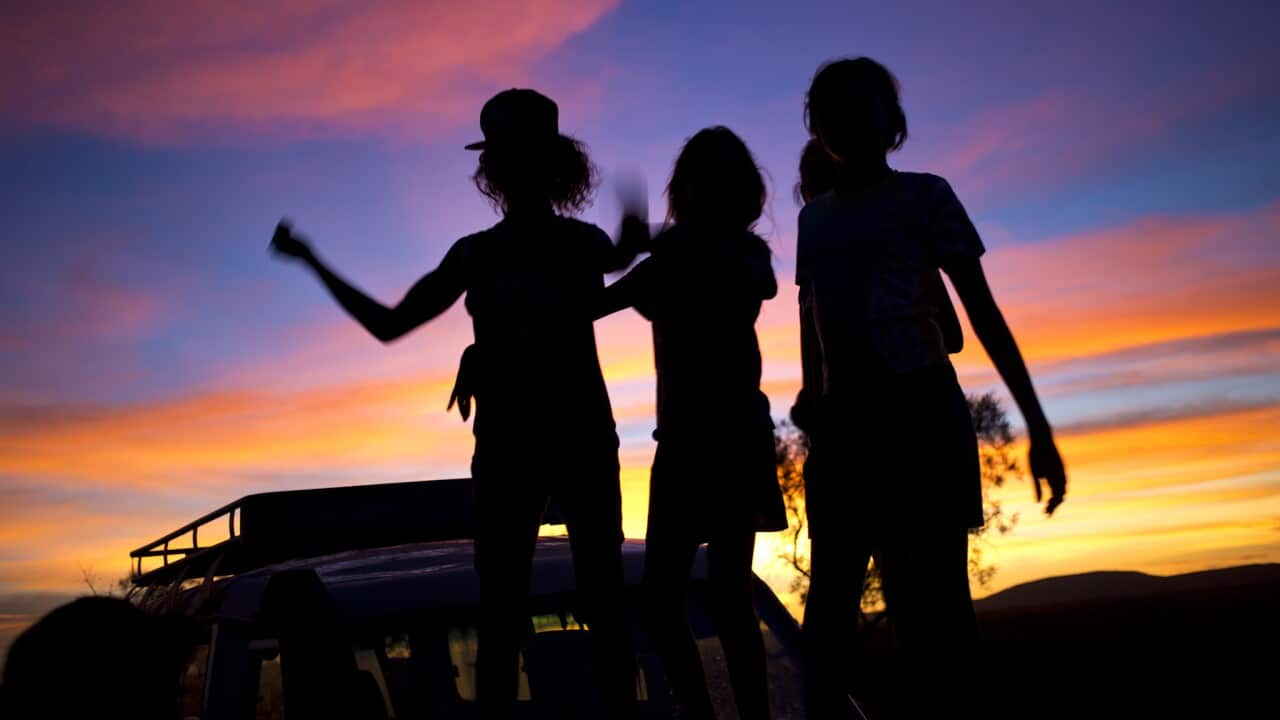Great. It doesn't change my point. It's to show that alcohol-fuelled mass violence isn't specific to Aboriginal people or Aboriginal communities.Cronulla was a once-off event triggered by misplaced “patriotism” as a thin excuse to brawl. Violence in the communities is continual, either within a community or between communities, eg Wadeye.
Regardless of the situation, they should be able to make the decision themselves rather than having it imposed on them by a government body. If it's so obvious that an alcohol ban is the solution to the problems afflicting every Aboriginal community, they should all be lining up to welcome the police in to enforce the bans. If they aren't, then I'm sure you can tell us all why with your expert knowledge of life in Aboriginal communities.Why don’t the elders have the power to make decisions? Because the communities are not structured like a council, with a few having authority over the rest. Some communities are peaceful, others not. It comes down to the individuals within the groups.
Does that automatically make her right? What if I found someone who was also born and lived much of their life in Aboriginal communities who says the opposite? An argument from authority isn't an argument at all. Price still only wants a ban imposed on Aboriginal communities but not other country towns. What's the difference between them?Seeing as she was born and lived much of her life in communities, and is still strongly involved with them through her extended family, I’d put a lot more faith in her ideas than that.
I think you have a somewhat limited view of the good that (culturally sensitive) mental health care can do. It doesn't have to be a reactionary measure, only to be implemented after damage is done. It can be started at any time and continued regularly to limit any future damage.Rehab and counselling are Band-Aid measures, after the damage is done. How about stopping the damage before it’s done.
If you believe an externally-imposed alcohol ban will stop the damage before it's done by itself, without the need for mental health care or other measures to improve quality of life, how do you account for things like sly grogging and dodgy homebrewing? Is the answer still more restrictions and punishment? Can we restrict and punish entire communities into all permanently solving their problems? If so, why didn't it work after 15 years of bans? Why are people apparently reaching for the bottle as soon as they can legally do so?







